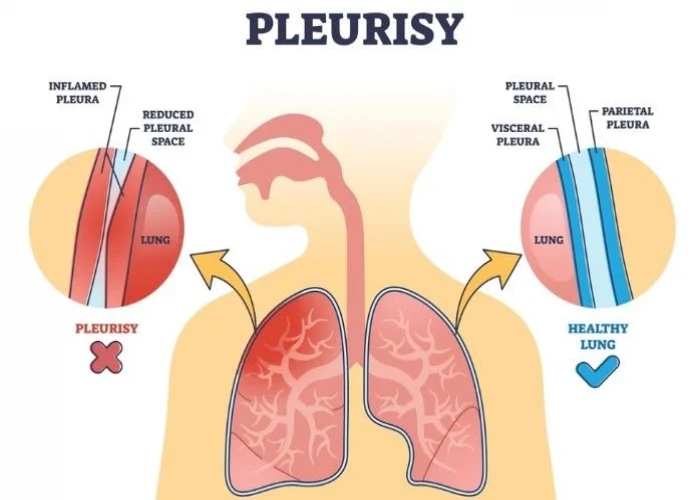 Welcome
Welcome
“May all be happy, may all be healed, may all be at peace and may no one ever suffer."
Pleurisy
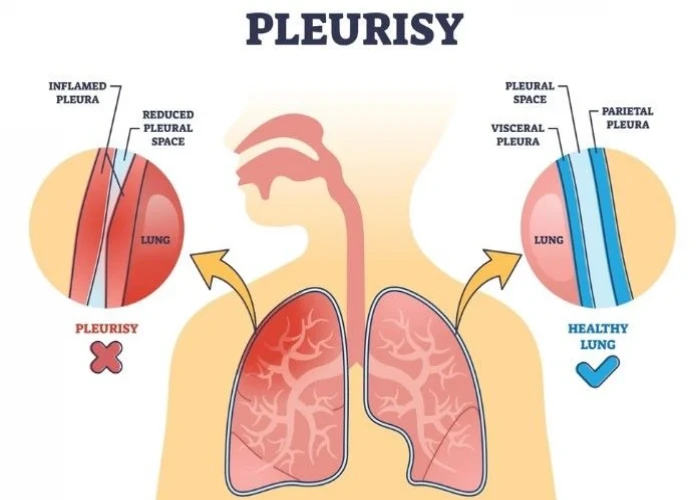
Pleurisy, also known as pleuritis, is a condition that occurs when the pleura, which is the thin membrane that lines the lungs and chest cavity, becomes inflamed. The pleura is made up of two layers, the visceral pleura, which covers the lungs, and the parietal pleura, which lines the chest wall.
Pleurisy can be caused by a variety of factors, including viral or bacterial infections, autoimmune disorders, chest injuries, or underlying medical conditions such as cancer. The inflammation of the pleura can cause sharp chest pain, especially when breathing deeply or coughing. Other symptoms may include a dry cough, shortness of breath, fever, and fatigue.
Treatment for pleurisy will depend on the underlying cause of the condition. If the pleurisy is caused by a bacterial infection, antibiotics may be prescribed. Pain relievers, such as ibuprofen or acetaminophen, may be used to relieve pain and reduce inflammation. In some cases, draining excess fluid from the pleural cavity may be necessary to relieve symptoms.
It is important to seek medical attention if you are experiencing chest pain or difficulty breathing, as these symptoms can indicate a serious medical condition. Your healthcare provider will be able to diagnose the cause of your pleurisy and recommend appropriate treatment.
Research Papers
Disease Signs and Symptoms
- Chest pain
- Shortness of breath (dyspnea)
- Cough
- Fever
- Chest pain when you breathe or cough
Disease Causes
Pleurisy
A variety of underlying conditions can cause pleurisy. Causes include:
- Viral infection, such as the flu (influenza)
- Bacterial infection, such as pneumonia
- Fungal infection
- Autoimmune disorder, such as rheumatoid arthritis or lupus
- Lung cancer near the pleural surface
- Pulmonary embolism
- Tuberculosis (TB)
- Rib fracture or trauma
- Certain inherited diseases, such as sickle cell disease
- Certain medications
Disease Prevents
Disease Treatments
Treatment for pleurisy focuses primarily on the underlying cause. For example, if bacterial pneumonia is the cause, an antibiotic will be prescribed to manage the infection. If the cause is viral, pleurisy may resolve on its own.
The pain and inflammation associated with pleurisy is usually treated with nonsteroidal anti-inflammatory drugs (NSAIDs), such as ibuprofen (Advil, Motrin IB, others). Occasionally, your doctor may prescribe steroid medication.
The outcome of pleurisy treatment depends on the seriousness of the underlying disease. If the condition that caused pleurisy is diagnosed and treated early, a full recovery is typical.
Lifestyle and home remedies
The following steps might help relieve symptoms related to pleurisy:
- Take medication. Take medication as recommended by your doctor to relieve pain and inflammation.
- Get plenty of rest. Find the position that causes you the least discomfort when you rest. Even when you start to feel better, be careful not to overdo it.
- Don't smoke. Smoking can cause more irritation to your lungs. If you smoke and can't quit on your own, ask your doctor for help.
Preparing for your appointment
You're likely to start by seeing your family doctor. However, when you call to set up your appointment, you might be urged to seek immediate medical care if you are experiencing severe, unexplained chest pain.
You may want to bring a family member or friend along, if possible, to help you remember questions to ask and what your doctor said.
Here's some information to help you get ready for your appointment, and what to expect from your doctor.
What you can do
You can prepare a list that includes:
- Details of your symptoms, including where your chest pain starts and how far it spreads, as well as other signs and symptoms, such as fever, shortness of breath or weight loss.
- Key medical information, including recent hospitalizations and any medical conditions you have. Also note whether family members — especially children — or close friends have recently been sick.
- Medications you're taking, including prescription and over-the-counter drugs, vitamins, herbs or other supplements, and the dosages.
- Key personal information, including recent travel abroad and major life changes. Your doctor might also be interested in your work history, including possible environmental exposure to asbestos.
- Questions for your doctor.
Questions to ask your doctor
Questions may include:
- What do you think is the underlying cause of my symptoms?
- What kinds of diagnostic tests or procedures do I need, if any?
- What treatment approach do you recommend?
- How soon after I begin treatment can I expect to feel better?
- Are there self-care steps I can take to improve my discomfort?
- Do you recommend that I stay home from work or school? For how long?
- Will it help if I stop smoking?
- Am I at risk of long-term complications from this condition?
- I have other health conditions. How can I best manage them together?
Don't hesitate to ask other questions during your appointment.
What to expect from your doctor
Be ready to answer questions your doctor might ask:
- How would you describe your symptoms?
- What, if anything, seems to improve or worsen your symptoms?
- Have you been diagnosed with or treated for any other health conditions?
- Have you recently traveled?
- Have you been involved in any work, projects or hobbies over the years that might have exposed you to asbestos?
- Do or did you smoke? If so, how much and for how long?
- Have you recently noticed swollen and tender joints or rashes?
Your doctor will ask additional questions based on your responses, symptoms and needs. Preparing and anticipating questions will help you make the most of your time with the doctor.
Disease Diagnoses
Disease Allopathic Generics
Disease Ayurvedic Generics
Disease Homeopathic Generics
Disease yoga
Pleurisy and Learn More about Diseases
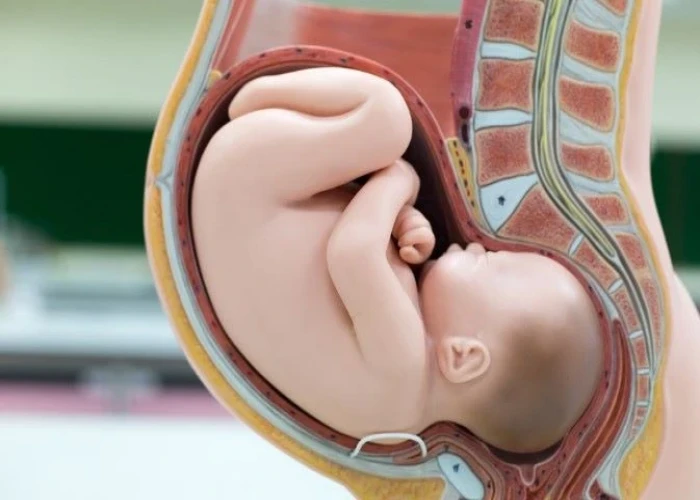
Polyhydramnios

Pheochromocytoma

Hives (Cold urticaria)

Mitral valve disease
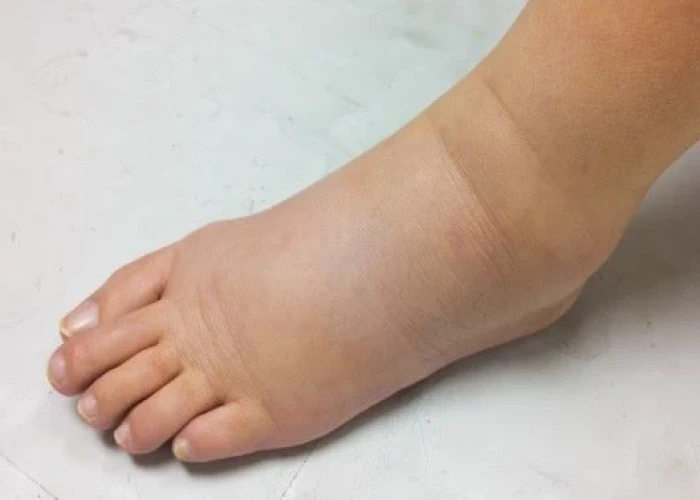
Lymphedema

Zika virus

Respiratory syncytial virus (RSV)
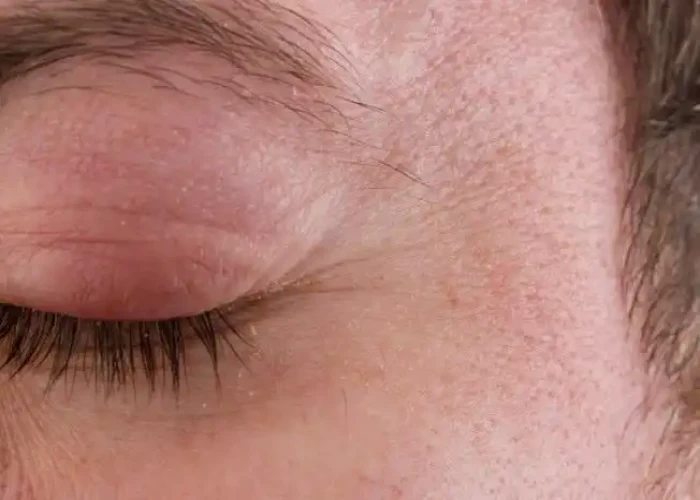
Trachoma
pleurisy, প্লাইরিসি
To be happy, beautiful, healthy, wealthy, hale and long-lived stay with DM3S.
